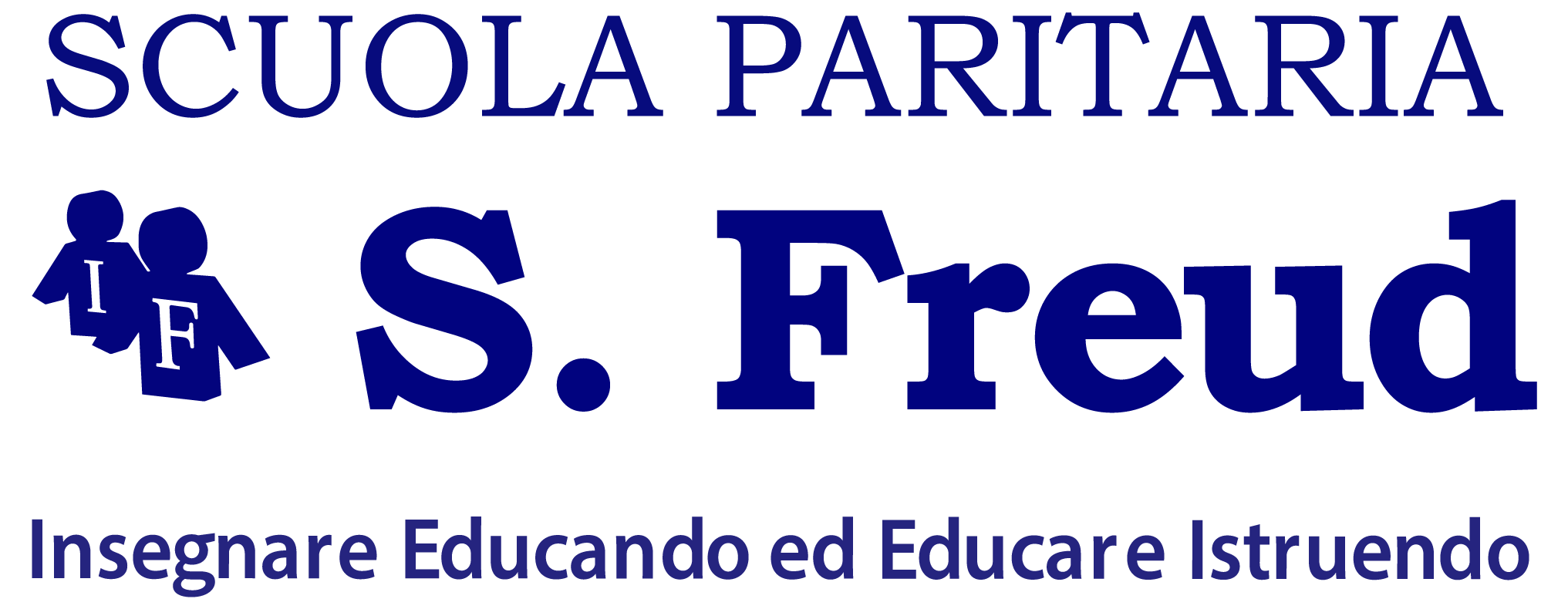9 giugno 2023
Dr. Daniele Nappo, Legal Representative and Founder of the S. Freud Private School, addresses the topic of uncertainty and, consequently, decision making. Children need to be adequately prepared for the inevitable changes that occur during the course of life.
In general, choosing between different options means facing uncertainty, today even more so if we think about the complexity of our society that is increasingly influenced and determined by unpredictable events. It can therefore be asserted that near and far contexts evolve: that is, what is a good decision today may not be a good decision within a few days. Students need to be taught that uncertainty is not always a bad thing. Making a decision expresses the best possible option or action among those available. The student is often faced with opting between various possibilities and it is not always an easy task. If the student were in an ideal situation to make decisions, he or she could use all available information from previous experience.Most of the time, however, this is not the case. Obviously. In the context of relational relationships in a classroom, emotions must be considered, which can influence decision making in a variety of ways. The teacher must teach decision-making and build a trusting relationship with the student. Adolescents show a greater tendency to risk exploring limits, to seek new sensations. Contrary to what one might think, they have a correct estimation of risks to health and physical integrity: their decisions also encapsulate an assessment of risky behavior, they consider both the risks and the benefits of certain actions, but they attach more importance to the benefits and their way of reacting, thus rational, is directed preferentially toward pleasure or immediate benefit. Unfortunately, they are insensitive to the consequences of their decisions.Boys' brains are not unbalanced or immature, but they need to be adequately prepared for the impending and complex changes associated with social life.


